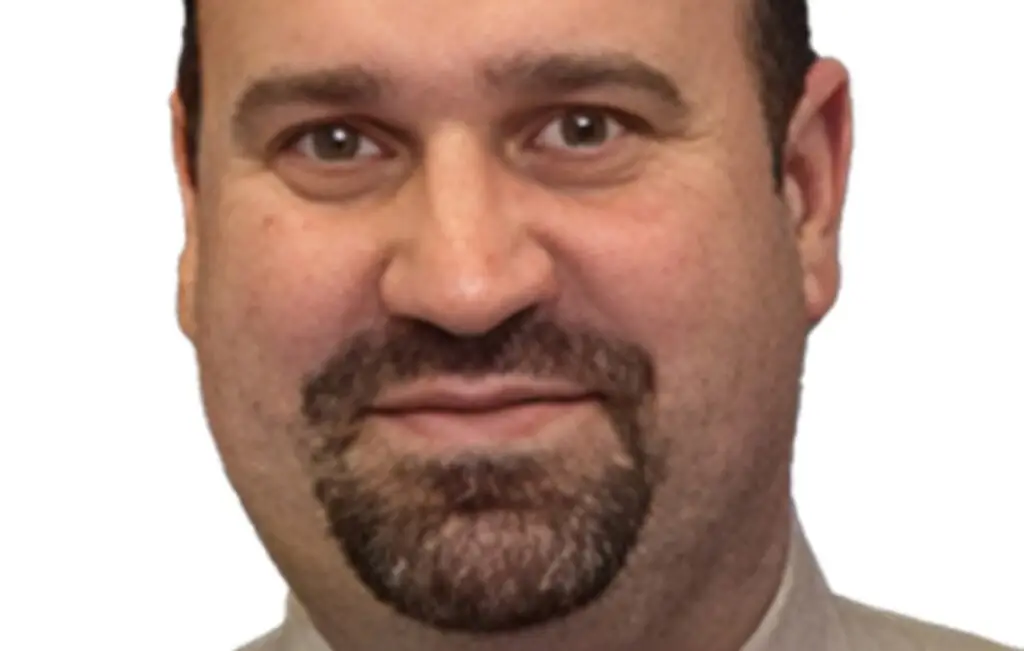“Angie, can you connect with John? I want to get him promoted, but none of the executives know what he stands for. He doesn’t have a brand, which makes it difficult for them to find a position for him that makes sense.”
This is straight from a client, a senior leader at a large energy company. She splits her time running a business unit and championing her team for new opportunities and additional exposure in the business. She knew John needed help defining himself as a professional because he hit a ceiling without a personal brand.
Leaders in her organization promote every two to three years. As they rise closer to the senior ranks, promotions naturally slow due to limited opportunities. These coveted ranks are reserved for individuals who do more than drive business results. They’re known for something else. That something “else” often is often connected to a business goal or value—culture, retention, DEI, innovation, technology, sustainability.
A personal brand is your essence, meaning it’s the emotions conjured when people think about you. A solid brand is built on credibility, consistency and results. When done well, a leader also amplifies their brand—channeling their experience as conference presenters, being an active contributor on LinkedIn and finding ways to promote their expertise internally.
After all, executive-level leaders are more than simple business managers. Their presence in the ranks usually symbolizes something more, just like Steve Jobs represents design and innovation, Donatella Versace stands for high fashion and Oprah Winfrey is known for her Aha! moments that inspire us to live our best lives.
Every executive, whether they define it for themselves or not, has a personal brand. Think of it as your professional reputation. This begs the question: “What is your brand and is it the brand you want to be known for?”
If the answer to the latter question is either uncertainty or displeasure, then it’s time to start putting intentionality into your personal brand. Here’s what you can do about it:
- Pick your head up. When I connected with John, it was clear that he hoped his brand was built around his hard work ethic. To his point, he was definitely a hard worker—everyone knew this. But it wasn’t enough to distinguish him. There gets a point in your career when hard work isn’t enough. At certain levels of leadership, high-performance and hard work are just part of the job. Everyone works hard. Reflect and think about what you’re doing outside of job expectations to stand out. Often, this type of thinking, and follow-on behavior, doesn’t mean more work. It just requires intentionality around choosing what else you want to be known for. Start looking around you at what others are doing to stand out and figure out what you do differently from those around you that adds to the team.
- Find that something “else.” To discover what that “else” could be that would distinguish you, a great place to start is thinking about the core values of your company. It could be emerging technology like AI, innovation or conscious capitalism. From there, discover what business value connects to your personal interests or career ambitions. As an example, I worked with one woman who knew that in five years, her transportation firm wanted to grow their presence in Mexico. She worked with a Midwestern company where few people were fluent in Spanish and even fewer knew about the laws, rules, regulations and policies connected to international transport. She decided on her own to invest in learning Spanish and building her network around folks who had expertise in this area. She wanted to be the internal champion of this initiative and knew that her time investment would be a good way to build her brand.
- Volunteer to expand your network. Once you align your common interest with your business, your goal is to grow your network internally and externally so you can increase your knowledge and build expertise. Volunteering is a great way to grow your network and learn from other professionals, particularly at conferences. For one, it gets you exposure to new ideas and ways of thinking. For another, you can learn from thought leaders within your industry. As an example, I once worked with a leader who worked in retail that knew his business was shifting their marketing focus to attract more Gen Z buyers. He started reaching out to colleges and universities and inquiring about volunteer opportunities on campus, which would allow him to learn firsthand more about issues that are important to Gen Z. He frequently shared his insights with his team and soon became the firm’s Gen Z expert.
- Become a thought leader. As you build your knowledge and expertise, share it. While you may not be looking to become the next Gary Vanderchuck or Brene Brown, your expertise is worthy of sharing and may resonate to a smaller audience. Use the tools available to you to grow credibility in your niche such as speaking at internal or external events, publishing your thoughts in industry magazines, guest appearances on industry podcasts or writing an article on LinkedIn.
It’s never too late to be conscious of building your brand or rebuilding it to ensure you are in control of your professional reputation. It takes thought, focus and effort, but the benefit is that it often leads to breakthroughs. Just like it did for John. He decided he wanted to be known for a talent he had that was under-represented on his resume and CV: he excelled in building teams. He decided to volunteer with his HR team on a new manager training program, which helped him develop expertise and visibility in this area that added value to the business far beyond anything he did related to his job description. Added benefit? John got promoted, too.







